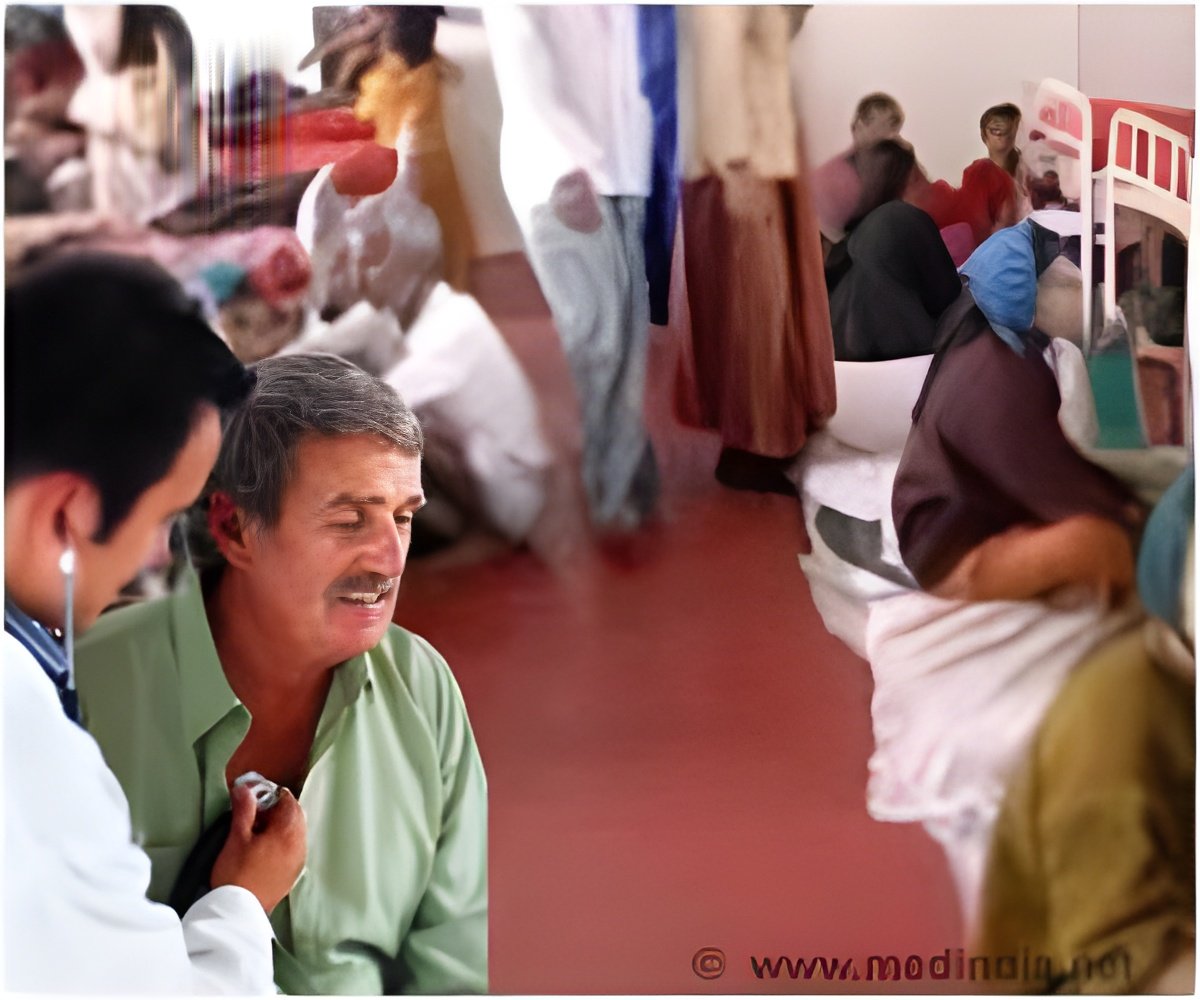Underuse of medication is reported among chronically ill patients who have reported food insecurity in their households, a new study found

In order to explore the possible link between food insecurity and cost-related medication underuse, investigators looked at 9696 adult participants in the National Health Interview Survey (NHIS) who had reported chronic illness. They found that 23.4% of the chronically ill study participants reported cost-related medication underuse, while 18.8% reported food insecurity and 11% reported both. This means that 1 in 3 chronically ill NHIS participants are unable to afford food, medications, or both.
Investigators also looked at ethnicity and found that participants with both medication underuse and food insecurity were more likely to be Hispanic or non-Hispanic black. They were also more likely to have several chronic conditions versus those participants who reported no food insecurity or medication underuse and a lack of insurance was more prevalent in groups with medication underuse.
"The high overall prevalence of food insecurity and cost-related medication underuse highlights how difficult successful chronic disease management in the current social environment is," says lead investigator Seth A. Berkowitz, MD, Division of General Internal Medicine, Massachusetts General Hospital and Harvard Medical School. "These findings suggest residual unmet needs for food-insecure participants and thus have clear implications for health policy."
This link between food insecurity and medication underuse can help guide future public policy by targeting groups susceptible to both. For example, researchers found that respondents who participated in Medicaid or the Woman, Infants, and Children (WIC) food and nutrition service were less likely to report both food insecurity and cost-related medication underuse. "The observations that Medicaid and WIC participation is associated with lower odds of both food insecurity and cost-related medication underuse suggest that there may be important 'spill-over' effects from programs that target food insecurity or cost-related medication underuse, by freeing up available resources," adds Dr. Berkowitz.
This study pinpoints populations that can benefit from policy changes influenced by this new data. Investigators noted that participants with incomes 100%-200% above the Federal Poverty Line, who are not always eligible for government assistance, reported high rates of food insecurity and cost-related medication underuse. This information is important to consider when setting program eligibility rules in the future.
Advertisement
For policy makers, food insecurity represents an easily identified risk factor for cost-related medication underuse, making it simpler to find programs and strategies to address this endangered group in a meaningful way.
Advertisement
Source-Eurekalert














